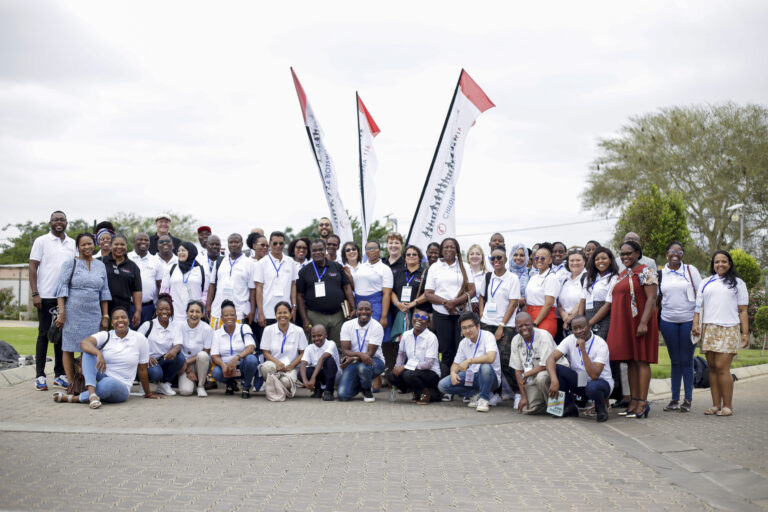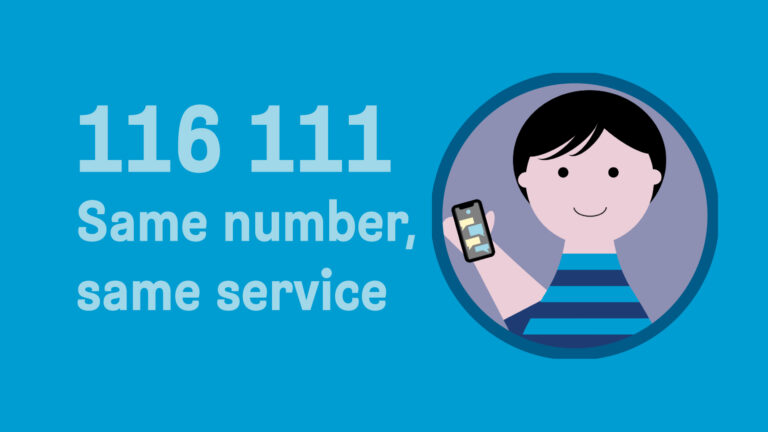
Child Helpline International and our network of child helpline members in the EU welcome the objectives of the Regulation to provide a robust approach to preventing and combating child sexual abuse. Child Helpline International supports the increased obligation on interpersonal communication services to act in the fight against child sexual abuse. We welcome the strong emphasis on the preventative approach referred to as child safety by design, including the obligation for all information society services to assess risks and adopt preventative measures to avoid their service being used for child sexual abuse. We also support the establishment of an EU centre, which will serve as a vital pillar to fighting CSAM. The development of the knowledge hub and the collaboration with key stakeholders will be key to the success of the EU centre.
Whilst Child Helpline International acknowledges the technical complexity of the Regulation, we nevertheless present our feedback on the proposal, focusing on those aspects where we hold expertise. This includes:

Abeba’s Story
Case Management at Child Helplines filling gaps in National Child Protection Systems

The Gaborone Declaration
on the Role of Child Helplines in the Protection of Children in Africa

116 111: Same number, same service
The Harmonized Number for Child Helplines in Europe: Gaps and Opportunities